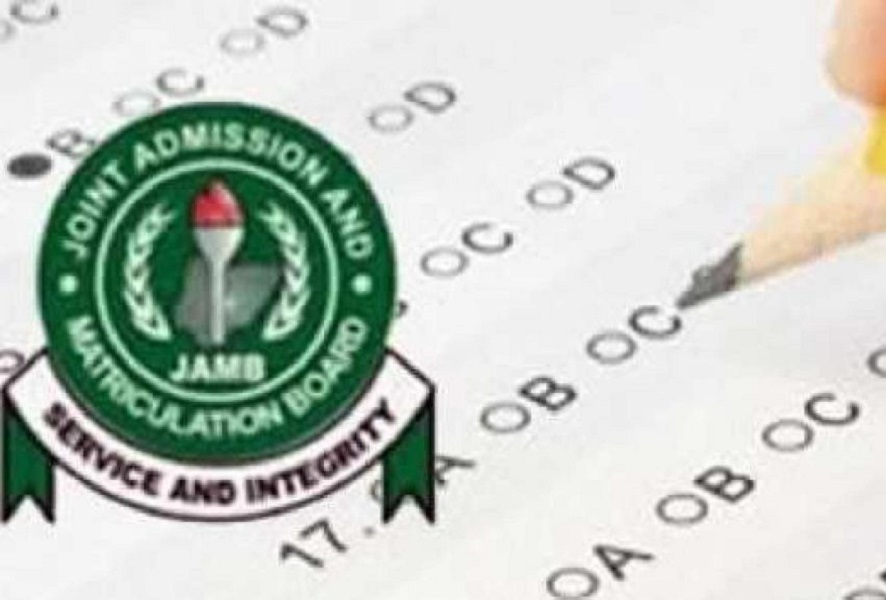Sometime in the late 1980s or early 1990s, I learned about the phrase, “Authority to Incur Expenditure,” normally referred to as “AIE.” I was later to know about the other expression, “Irrevocable Payment Order (IPO).”
In Nigeria’s complex polity, both financial jargons could be applied to steal/loot public funds, either through collaborative efforts of many officials of Ministries, Departments and Agencies (MDAs) or by a few power repositories, such as the President and State Governors, to cover security votes and/or payments for real or fictitious contracts that take care of their interest, built into monthly receipts, and deducted at source.
Remember the bloody clashes and destruction of government property in Anambra State, when then Governor Chris Ngige temporarily lost his position for “daring” to stop the N10 million monthly IPO-backed payment to his political godfather, Chief Chris Uba, for contracts Ngige said were never executed?
Well, I came about the acronym, AIE, unexpectedly when a friend took me along to see some of his friends, whom we met filling blank petty vouchers (receipts), and I was asked to join in the task, as my friend was already part of the monthly exercise normally carried out within a week.
The process was simply to fill out a standardised voucher with the name of a company that supposedly executed some contract(s), mainly supplies of office items, for a certain Federal Ministry. And the catch was that the amount of the said contract must not exceed N399.99k.
As my friend and I left his buddies that day, I wanted to know: “What were the vouchers for? Under what (sub)heads were they filled? Why were they filled outside government offices?
My friend, a jolly good fellow, chose to answer the second question first. He informed me that the vouchers were filled under the caption, “AIE” (without explaining the abbreviation until he had laughed at my ignorance), and at the instance of a “very high official” of the said ministry.
That because of the limited hands in the ministry, some of the thousands of vouchers filled monthly had to be done outside. At completion, they would be collated, taken to Abuja, processed, and the proceeds ended in millions. That’s all he said he knew about the transaction.
And I didn’t probe further, but years later, when the issue of corruption in the MDAs became rampant, and a topic of public discourse, I could link those “petty vouchers” to a systematic fraudulent practice in those bodies.
Thus, I realised why, besides being fed daily, we were given some stipends at the end of the month. Frankly, I never expected any reward helping to fill out the vouchers, but sometimes I earned about N200, and on a particular Yuletide, I was given N800, and it was as if I had won a jackpot.
I took time to recall these events of about 30 years due to what recently surfaced at the Joint Admissions and Matriculation Board (JAMB), which has exposed deceitful dealings in the MDAs that only God knows when they started, and whether they exist till date.
As the Minister of Finance, Mrs. Kemi Adeosun, told journalists in Abuja, JAMB, for the first time in its 40 years of existence, had remitted N5 billion to the government coffers, with a promise to pay in a balance of N3 billion.
“The highest amount that JAMB had ever remitted into the Consolidated Revenue Fund before this management (Board) was N3m,” the minister said.
“So, the question the council members were asking was, ‘Where was all this money before?'” a reference to the Federal Executive Council (FEC), which noted another government establishment, the Nigerian Maritime Administration and Safety Agency (NIMASA), turning in a handsome revenue package.
According to media reports, “Between 2011 and 2015, JAMB earned at least N30.726 billion from registration fees by candidates, who sat for the Unified Tertiary Matriculation Examinations (UTME)… but remitted about N15 million to the Federal Government,” which, within the period, paid over N2 billion yearly as budget to the board.
However, following the JAMB and NIMASA examples, the Federal Government has ordered a probe of past heads of agencies over “poor remittances.” Indeed, two past directors-general of NIMASA are on trial, while a third former director-general had his Federal High Court conviction for fraud of N1.5 billion upturned by the Appeal Court last May.
The sterling conduct of the Prof. Ishaq Oloyede-led JAMB (and that of NIMASA, headed by Dr. Dakuku Peterside, the Rivers State governorship candidate of the All Progressives Congress (APC) in the 2015 elections) deserves commendation, especially coming after the scathing criticisms of JAMB when Oloyede announced the new cut-off marks for entry into institutions of higher learning in the country.
Then, “JAMB was in the news for the wrong reason,” and now that it’s in the news for the good reason, the board should be saluted and held up as the “poster child” for President Muhammadu Buhari administration’s fight against corruption.
If half of the hundreds of MDAs make adequate returns to the government coffers, as did JAMB (and NIMASA), Nigeria would be on the way to having the funds to execute major projects these bodies earmark annually for execution.
It also means that they would cease to be a drain on the nation’s “feeding-bottle” economy, in that instead of always asking “what the government can do for them,” they will, in turn, be assisting government to touch areas in need of urgent attention in the polity.
The government must follow through its investigation of past (and current) heads of the MDAs, and appropriate penalty, including recovery of un-remitted revenues, meted out to those found culpable.
In the same vein, institutions like the JAMB and NIMASA, and anti-graft-minded personalities such as Prof. Oloyede and Dr. Peterside, should be recognised accordingly, and rewarded with higher offices and awarded the National Honours.







